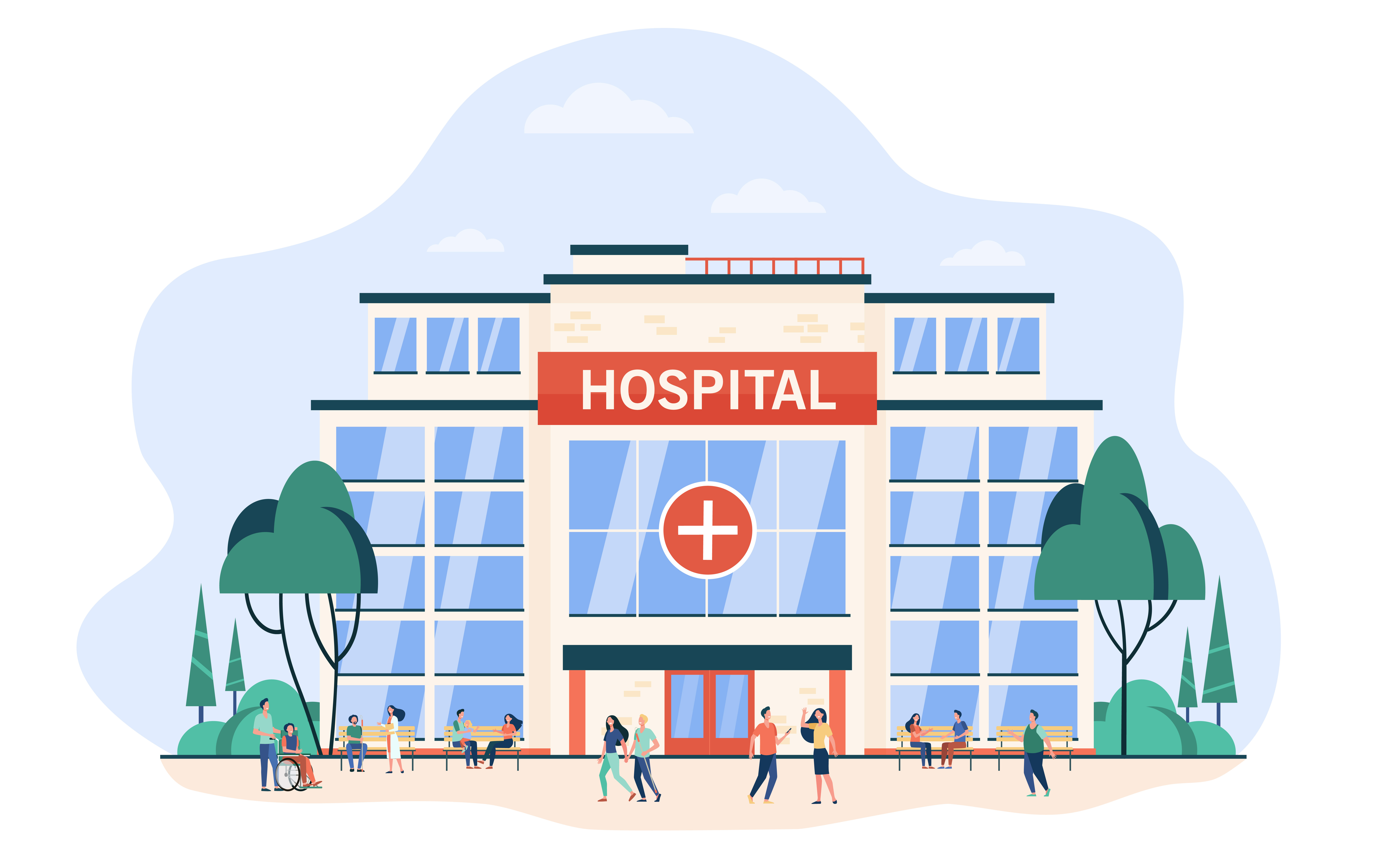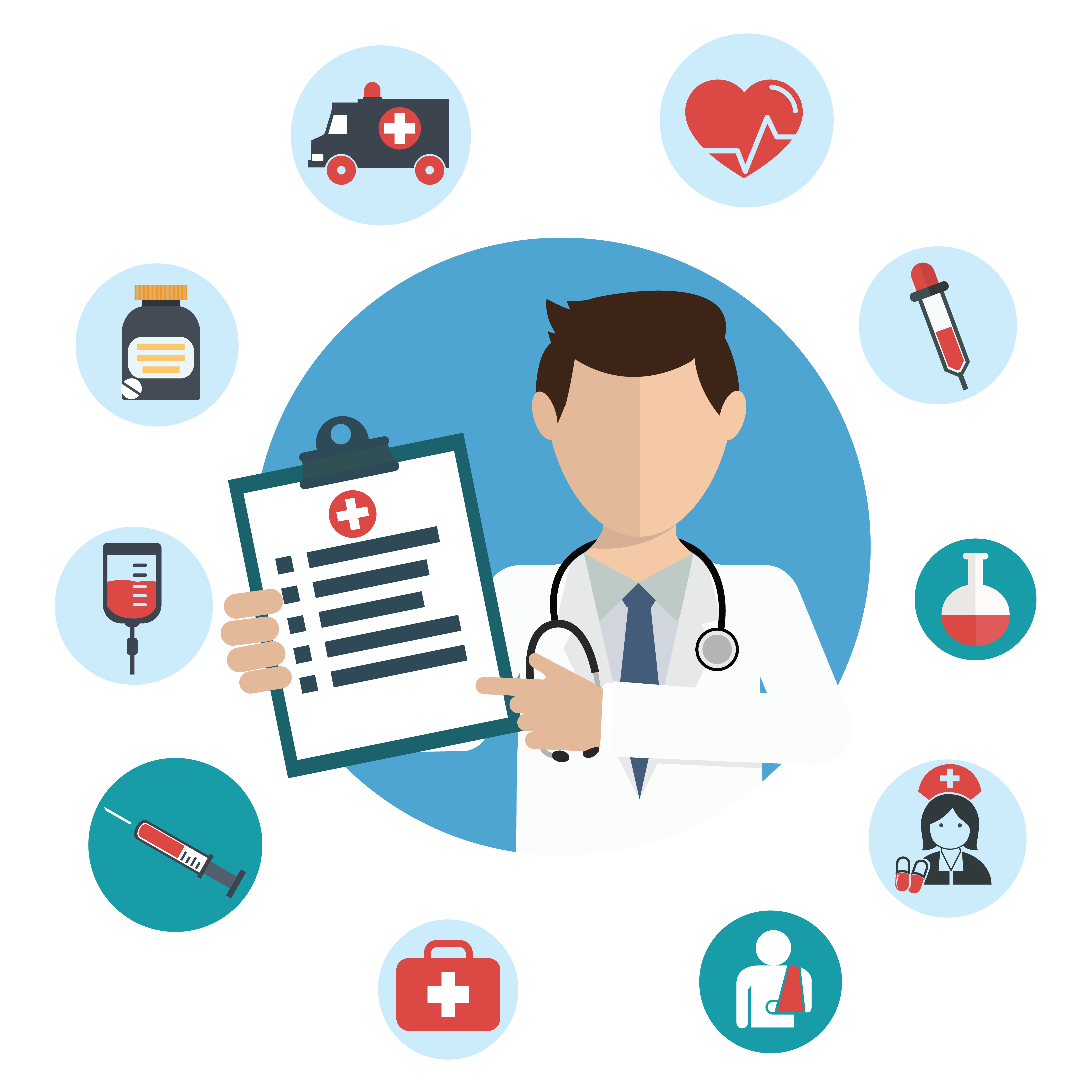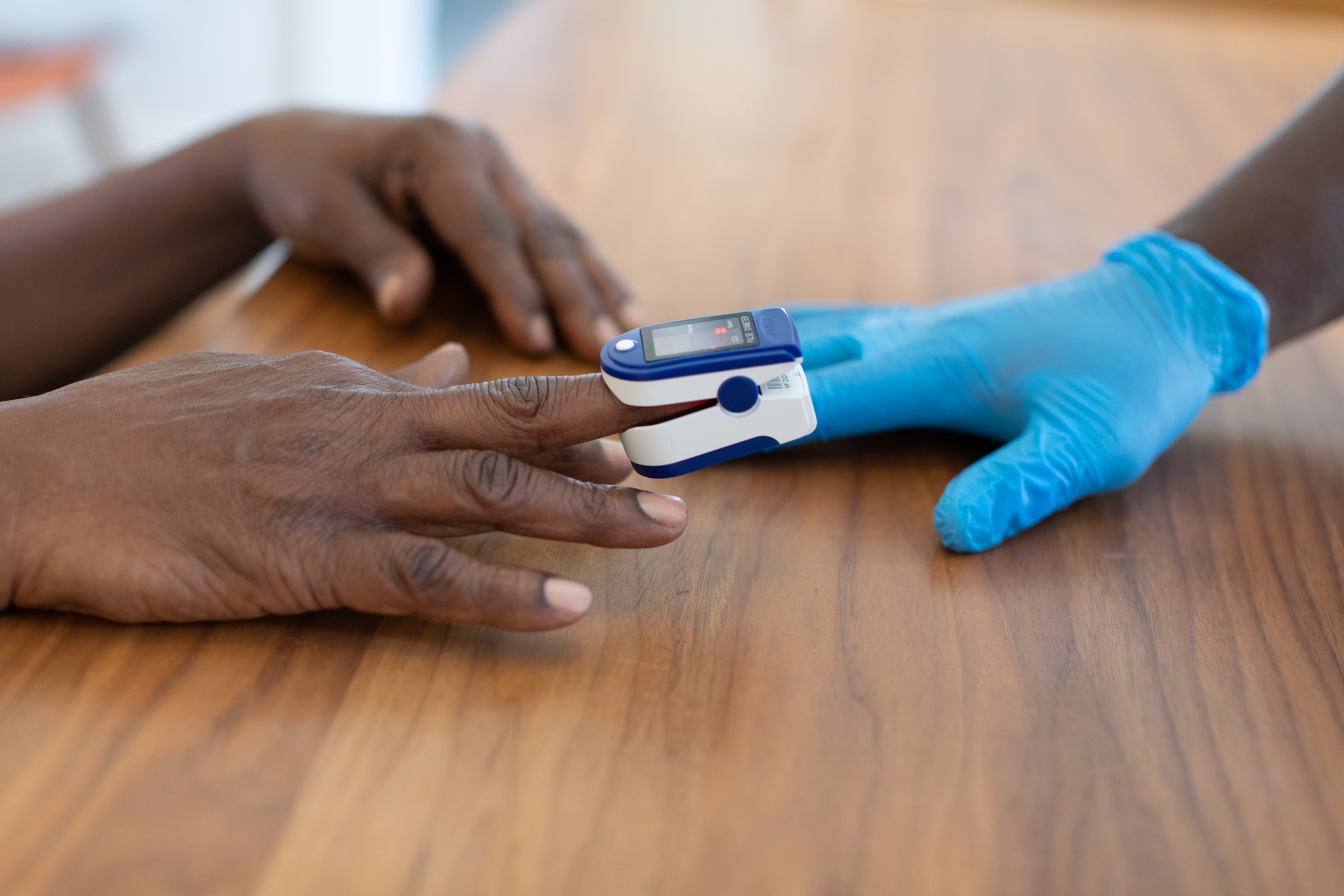It's essential to focus on features that address small hospitals specific needs and operational challenges
Here are key features to consider while developing an HIMS for small hospitals:
Patient Management
Efficiently manage patient records, including demographics, medical history, diagnosis, treatment plans, and prescriptions. Enable easy patient registration, tracking, and search functionalities to enhance patient care and workflow efficiency.
Appointment Scheduling
Provide a user-friendly interface for appointment scheduling, allowing staff to manage patient appointments efficiently. Include features like automated reminders, real-time availability, and the ability to reschedule or cancel appointments.


Electronic Health Records (EHR)
Develop a comprehensive EHR module to store, manage, and retrieve patient records electronically. Include functionalities such as doctor's notes, lab results, imaging reports, and medication history, ensuring easy access to critical patient information.
Billing and Insurance Management
Incorporate billing and insurance management features to streamline the financial aspects of the hospital. Enable generation of accurate invoices, automatic claims submission, payment tracking, and integration with insurance systems.
Security and Compliance
Prioritize data security and compliance with industry standards and regulations, such as HIPAA. Implement features like role-based access controls, data encryption, audit trails, and regular security audits to protect patient information.
Pharmacy and Inventory Management
Integrate a pharmacy management module to track medication inventory, manage prescriptions, and facilitate seamless communication between doctors and pharmacists. Include features like drug interaction alerts, medication dispensing, and stock management.
Laboratory Integration
Enable integration with laboratory systems to streamline the flow of lab orders, results, and reports. Ensure seamless communication between doctors, technicians, and the lab department, improving turnaround time for test results.
Reporting and Analytics
Develop robust reporting and analytics capabilities to provide valuable insights into hospital operations. Include customizable reports, data visualization, and key performance indicators (KPIs) tracking to aid in decision-making and performance improvement.






